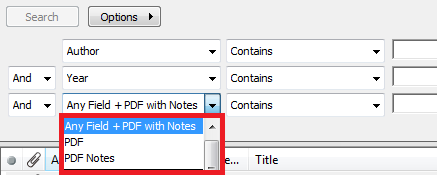I'm looking for a reference manager with note-taking/quote-storing capabilities. I don't need a full knowledge management suite, but I want to find a program where I can store and search long notes/lots of quotes, attached to entries in my bibliography.
So far I've used:
- Bib(La)TeX + pen and paper
- Zotero
- Mendeley
- Paperpile
- (Not sure about Endnote, but at least I haven't seen it used for what I need.)
Pen and paper obviously isn't searchable, and funnily enough, neither are the notes in Zotero. All of these programs treat notes as negligible, focusing on PDF metadata import and annotations, PubMed or Google Scholar search and whatnot. Which is all fine but not what I'm looking for. Since I work in the Arts & Humanities I still have my fair share of books accompanying the PDF articles in my work routine. For those I don't need any online specialties but rather a way to attach lots of quotes, notes, summaries and so on.
From what I've heard, Citavi can do some things like that, but I'm nowhere near a Windows computer to try it out. Ideally I'm looking for Linux programs, I could try Mac, and give bonus points for a web interface.

